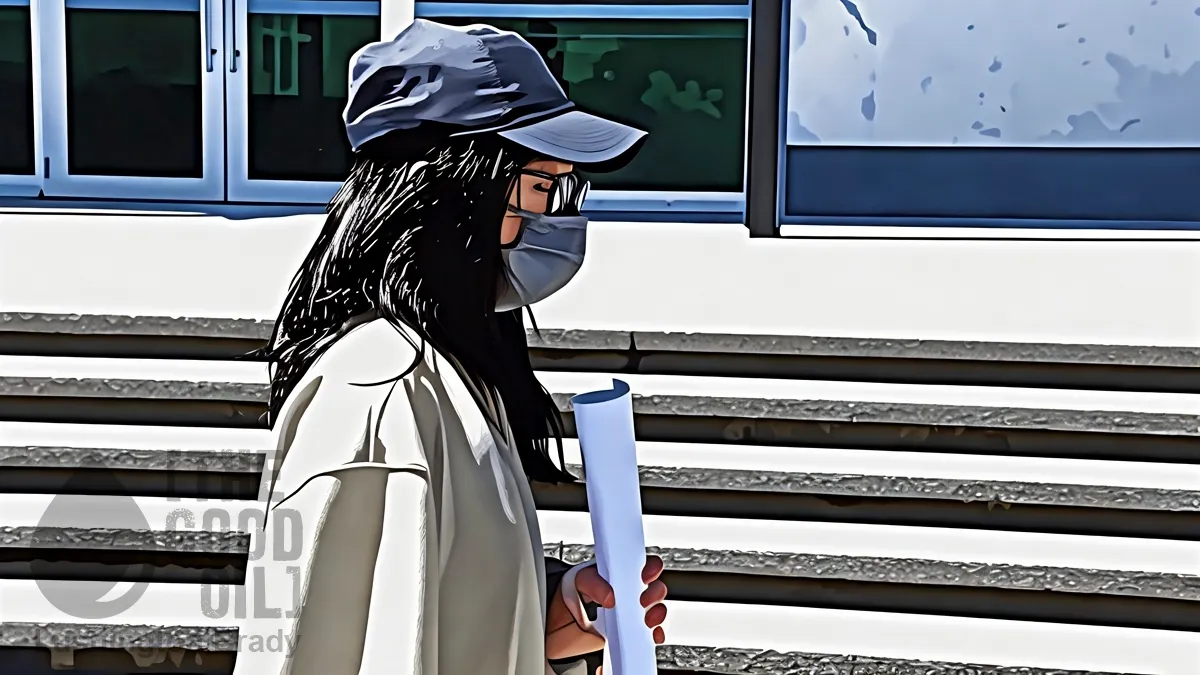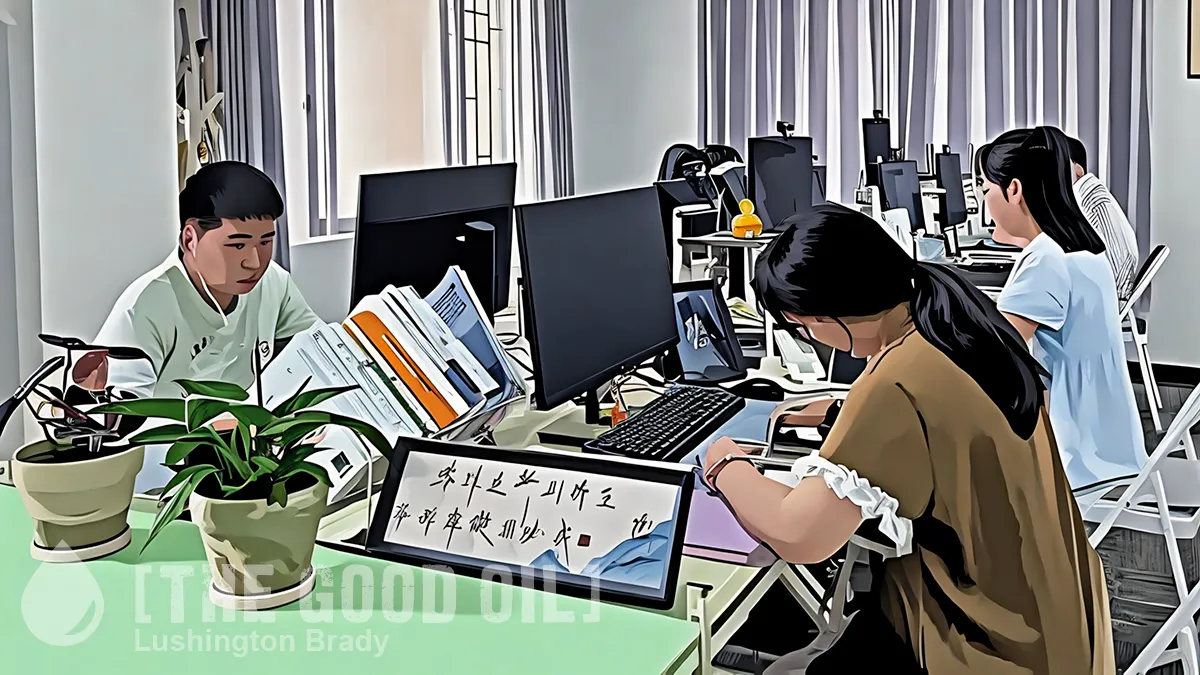Table of Contents
Stuart Smith
National MP
Kaikoura
We have rooftop solar at home which has proven to be a sound investment and has made us far more aware of our electricity consumption, thanks to the helpful app. We’ve consciously changed how we consume electricity, to maximise our use of solar power.
Last year New Zealand’s distributed solar generation capacity increased by 33.8 per cent, which is a record increase, so there are many others also enjoying the benefits of rooftop solar.
However, have you ever wondered where solar panels are manufactured and what goes into making them?
Aluminum, copper, indium, lead, molybdenum, nickel, silver and zinc are all used, but it is polysilicon, an essential material in solar panels, that is currently causing some controversy.
China dominates the production of polysilicon which is largely manufactured in the Xinjiang Uyghur Autonomous Region (XUAR), where China has been widely criticised for its alleged use of forced labour and high emissions.
Recently, US President Joe Biden signed an executive order banning imports from XUAR unless the importer can prove that forced labour was not used in their production.
This will be difficult, given the region’s almost total dominance in manufacturing polysilicon: Polysilicon produced in other regions of China, or elsewhere in the world, inevitably flows through the polysilicon ingot factories in China, where it is blended with polysilicon from XUAR.
Industry insiders say that it is almost impossible to buy a silicon-based solar panel in the US that is not suspect. I do not know whether this is the case here, but it would be good to know.
Solar will play an important role in our energy sector, and for homeowners who can lower their electricity bills significantly.
That said we should do all we can to ensure that the products we import are as ethically produced as possible. While we cannot reasonably expect to trade only with nations with the same labour and human rights laws as we do, we must do our best to ensure we are not supporting overt human exploitation.









